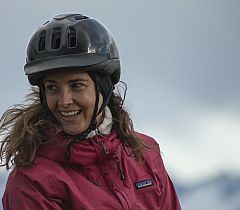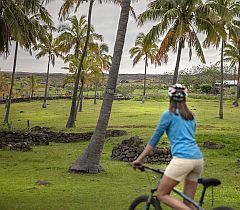Educational program in the Sacred Valley
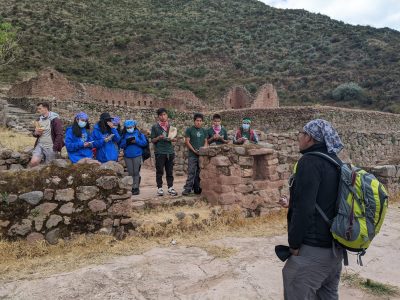
Explora’s Sustainability program reaches far beyond daily efforts to minimize the impact of the lodge’s operations on the spectacular natural environments that entice our travelers. In fact one of the most successful projects in the last few years before the pandemic was the alliance with the Terevaka Archaeological Outreach (TAO) program, developed by Brett Shepardson, PhD in archeology from the University of Hawaii.
The program consists of a 14-day educational workshop for young people who belong to the local communities that surround Explora.
TAO defines its mission in three parts: First, to offer experiential education regarding the natural and cultural resources around these local/indigenous communities; second, to raise awareness and create expertise in conservation measures and sustainable development; and lastly, to study and document natural and cultural phenomena of both the past and the present.
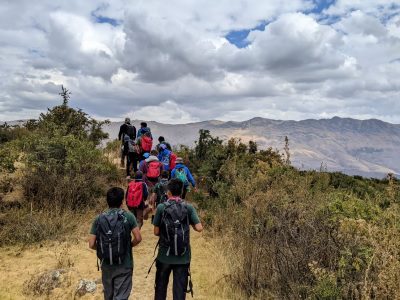
While this program had only been implemented in Rapa Nui before the pandemic, we are now launching TAO in the Sacred Valley of the Inca in Peru.
PROGRAM IN THE SACRED VALLEY
The first version of the TAO program was held in July at our lodge in the Sacred Valley, (Urquillos, Peru) and aimed to bring local communities closer to the territory.
The camp lasted two weeks and involved the participation of 15 children aged 12 to 18 from different local schools, mainly Urquillos.
TAO is a voluntary experiential education program run by Brett Shepardson, who together with 6 students from Northern Arizona University, organized different activities and research during this period to teach local communities, especially the new generations, about the destination in an entertaining way—through classroom, laboratory, and fieldwork.
This year’s program focus was water, and, accompanied by some of our guides, the children received various classes on geology, natural resources, ecology and history, among others, to understand the importance of water over time.
“In the Sacred Valley I realized that the Urubamba River has been the foundation of life for over a thousand years and is now toxic, which is why it is important to show children how ancient cultures took care of it and in that way find a way for new technologies that can help solve this problem,” Shepardson said.
GETTING TO WORK
The local students carried out two research projects in groups as part of the program. First, they collected and tested water samples from a variety of natural springs, streams, and lakes for common pollutants. Second, they created digital models of the original Inca terrace walls, which are part of the lodge’s facilities, to provide digital replicas that can be used to identify changes due to weathering and erosion, and to determine appropriate intervention measures for the sake of conservation, in case walls begin to slump or fall.
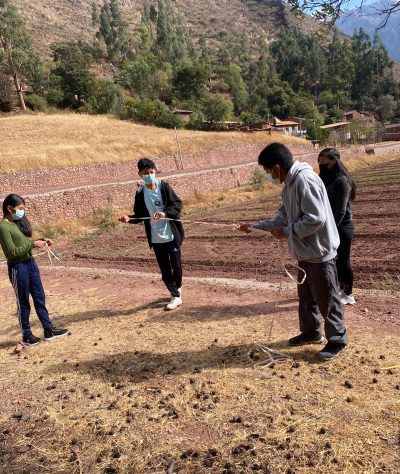
The idea is for local students to share all the information they collect during the program with their families and friends to expand knowledge and involve more people in the region’s problems and their solution.
Shepardson stressed the importance of empowering local people, so they do not rely too heavily on experts from outside of the community to find sustainable ways to care for the environment.
THE ORIGINS OF TAO
Shepardson created TAO in 2003, an experiential education program to raise Rapa Nui youths’ awareness of archeology, traditional lifestyles, technology and sustainable development. Through non-invasive research, it seeks to empower the local community to discover its history, safeguard its traditions and participate in the conservation of cultural and natural heritage to prevent the legacy from being lost, so it can be passed on to future generations.
In 2012 TAO began offering opportunities for university from around the world to participate in the program as volunteer interns, acting as mentors and research assistants. That was when Explora partnered with TAO and started holding the program every year, with Explora providing lodging to the students and volunteers during the program and facilitating guides’ participation in the courses.
